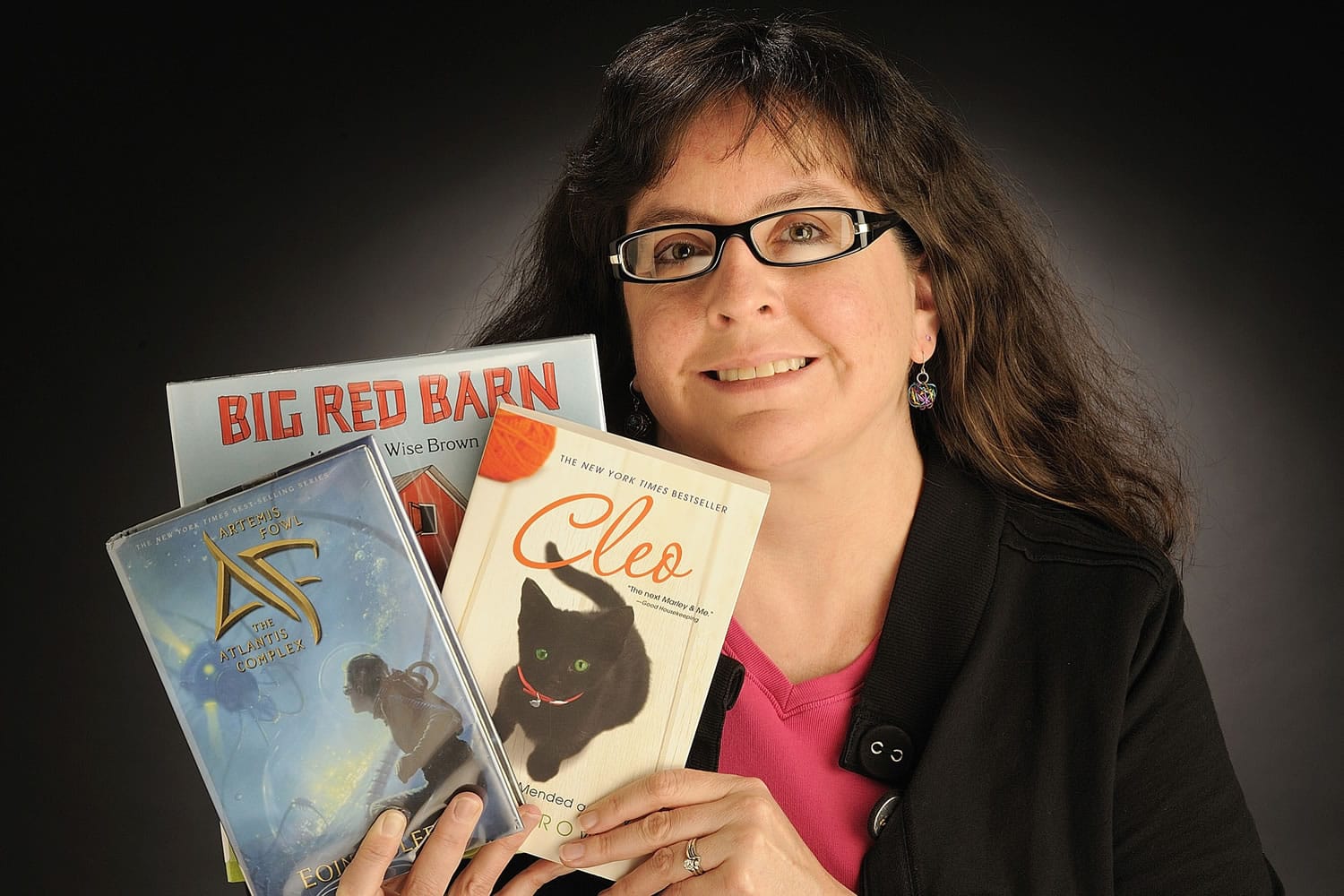Just about every day of the year has an event or holiday attached to it, and March 22 is no exception. Today is World Water Day, as declared by the United Nations General Assembly back in 1993. As you might surmise from its name, World Water Day was created to highlight issues and concerns surrounding the planet’s freshwater resources.
I don’t know about you, but I’ve been thinking about water quite a bit lately. I am fortunate to live in a part of the country that typically does not experience severe water shortages, but I try not to take our abundant water supply for granted. The very low snowpack that the Northwest is currently experiencing probably won’t send the region into a drought, but I can’t help but wonder what the impact will be. Having lived in the Southwest for many years, I’m accustomed to paying attention to water consumption — voluntarily, as an aware and concerned citizen, and under mandatory restrictions imposed during extreme dry spells.
All of the recent talk about below-normal snowpack, as well as my happening upon the existence of World Water Day, raised a question for me: If I needed to reduce my water footprint in a serious way, how would I do this?
Enter this week’s title, “Taking on Water” by Wendy J. Pabich. The author, who has several advanced degrees including a Ph.D. in environmental engineering, describes her quest to rein in her family’s water consumption. She is truly a water expert, having founded the company Water Futures Inc., whose mission is to find innovative ways to implement sustainable water practices. While this “water deva” — which is how she describes herself, referring to the Buddhist tradition of “water spirits” — “takes on water” with a zeal (and a knowledge base) that most of us do not possess, her message is an important one.



